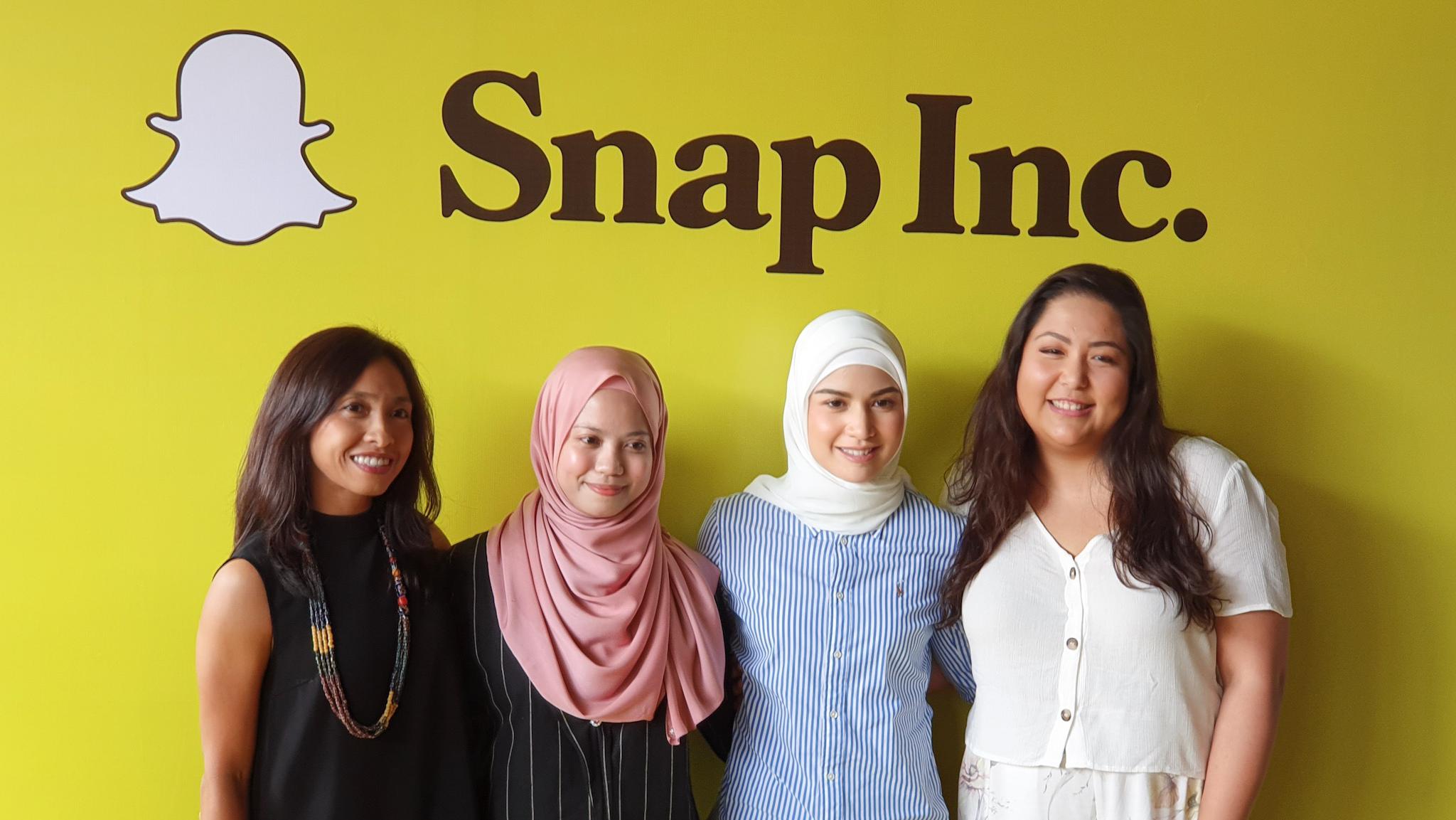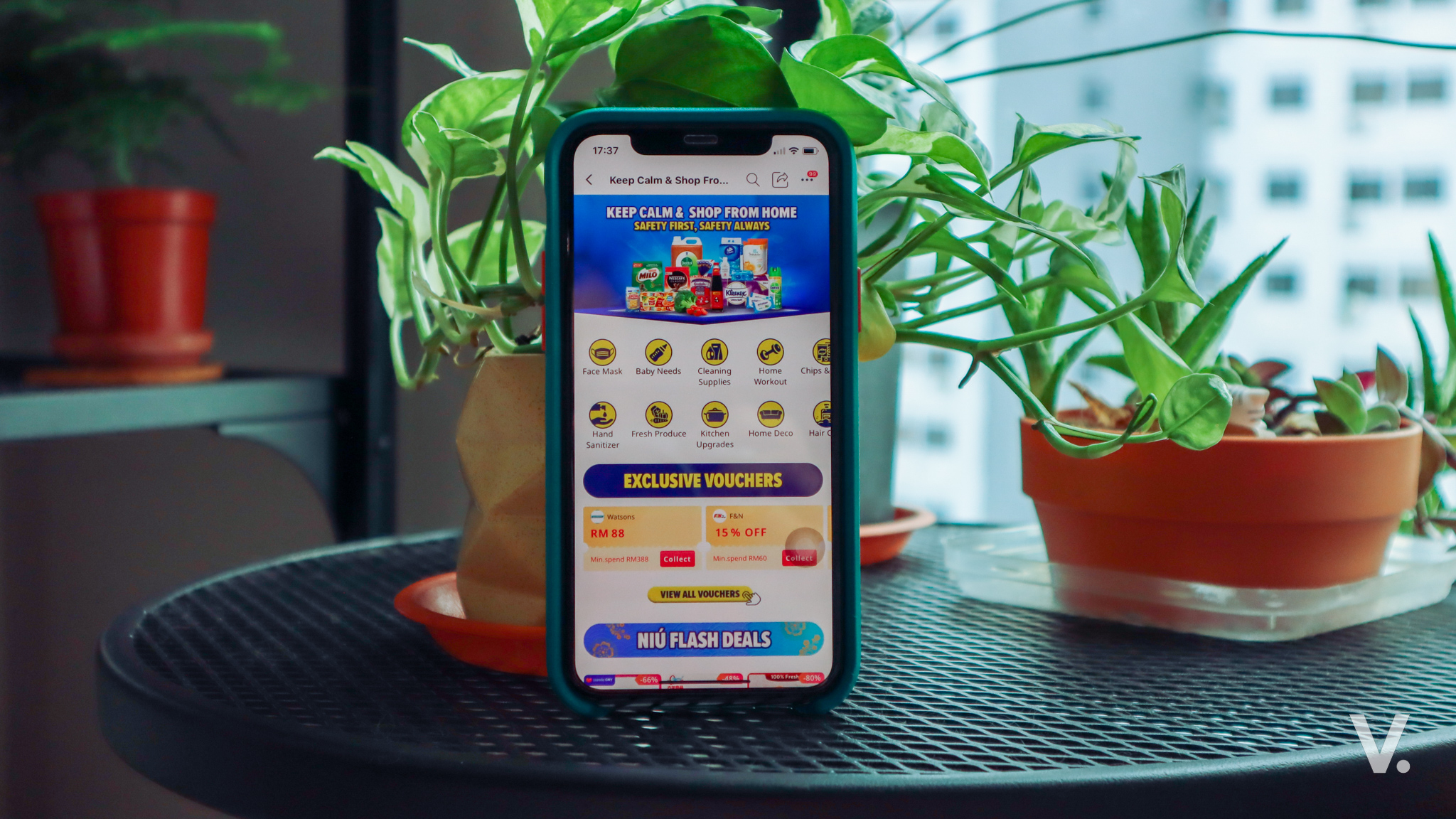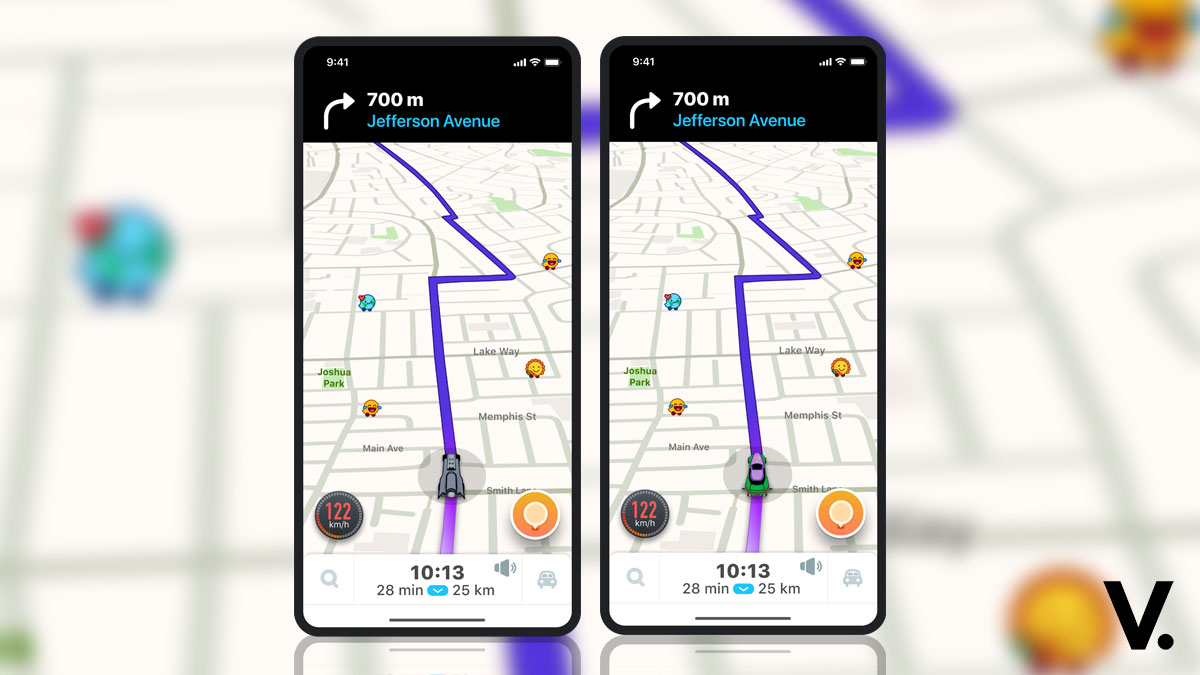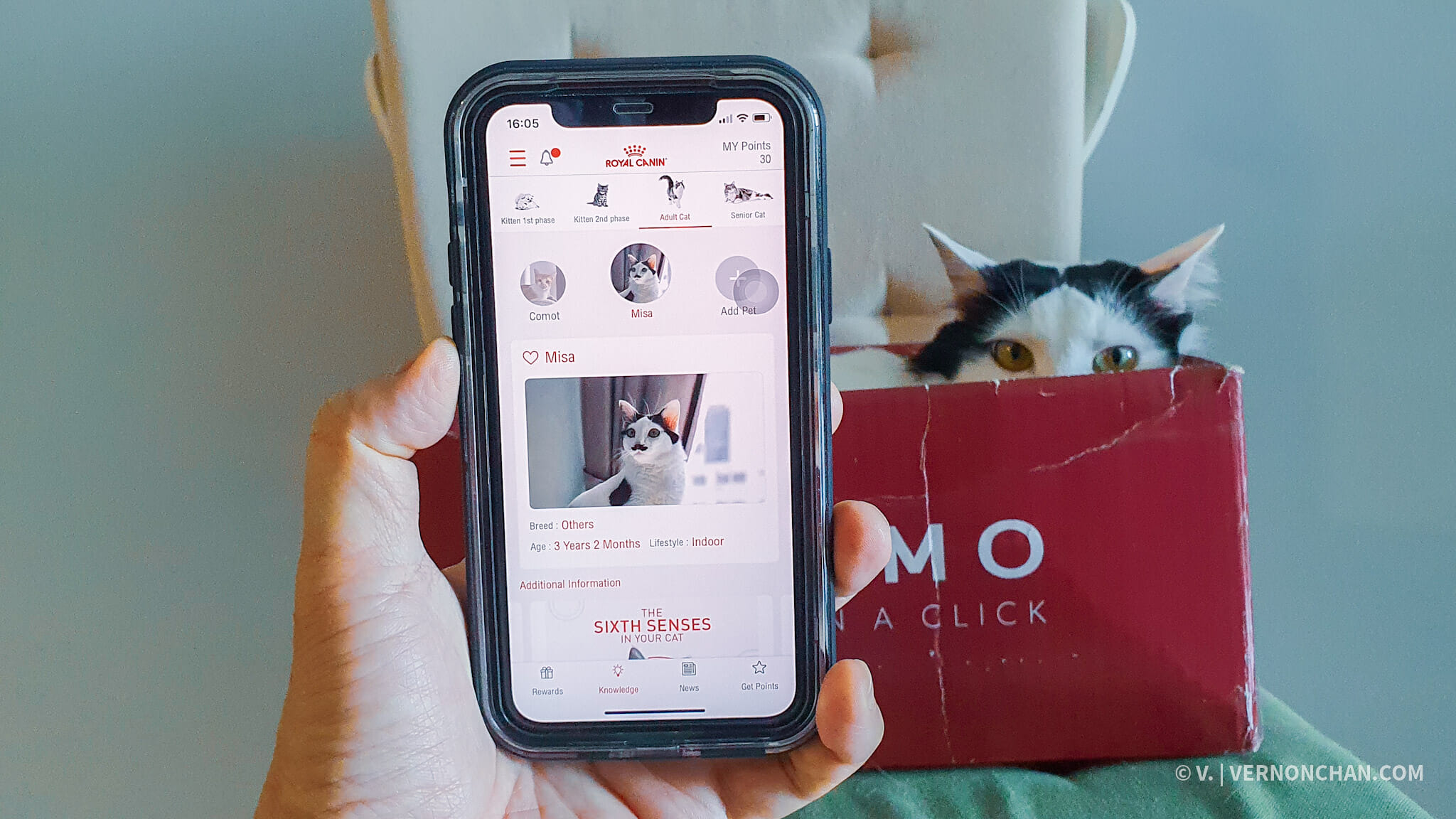Snap Inc. on Wednesday released a global study of 10,000 people across Australia, France, Germany, India, Malaysia, Saudi Arabia, the UAE, the UK, and the US to explore how culture, age, and technology shape preferences and attitudes around friendship. The Friendship Report*, commissioned in partnership with Protein Agency, found that surprisingly (or perhaps not), Malaysians are among the friendliest people in the world, at least on social media.
Ten experts on friendship from around the world contributed to the report to contextualise the data.
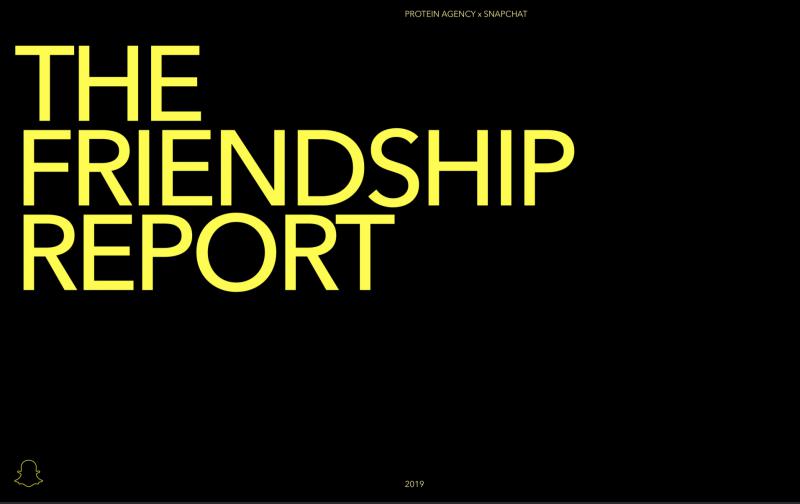
The report sheds new light on the nature of friendship including how different cultures’ interpretation of friendship impacts friendship circles. People in India, the Middle East and Southeast Asia are reported to having three times the number of best friends compared to those in Australia, Europe, and the US.
It also revealed how friendship is linked to happiness and how those without friends or, on the other side of the spectrum—those with overly large friendship groups—find it more difficult to talk about their problems, or share when they’re feeling down.
Interestingly, how we consider and form friendships is most heavily shaped by when, as opposed to where we are born. As an example, Gen Z in the US have more in common with Baby Boomers in India than their own grandparents.
Gen Z vs Gen Y
Gen Z were found to be adjusting their approach to friendship away from the Millennial (Gen Y) desire for widespread networks. Instead, they’re looking for more closeness and intimacy with a smaller group. They look to get a smaller group of friends where they can be their unfiltered, authentic selves. Sorry, Facebook and Instagram.
All other generations are open to having as many friends as possible. Gen Y, born between the early 1980s to the early 2000s are the most share-happy generation and is the most likely to share on a public platform.
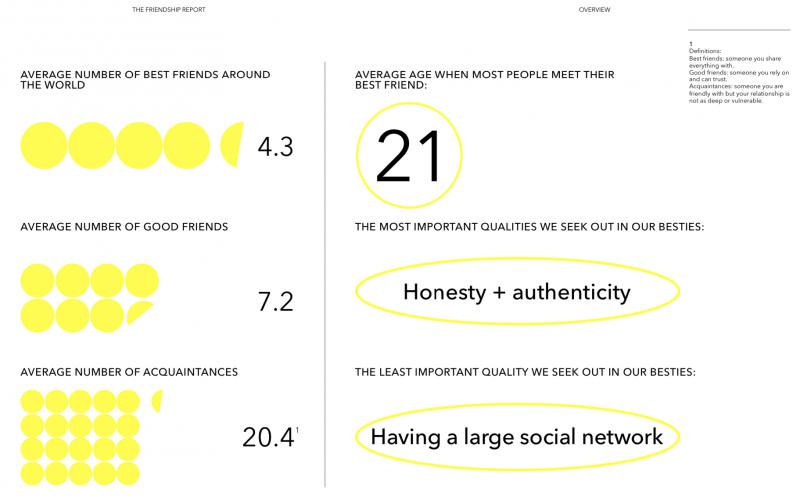
Based on data, Gen Z In Malaysia (27 percent) are more reluctant than Gen Y (56 percent) to share life updates publicly on Facebook. Over half of Gen Y (53 percent) choose to share proud moments on Facebook, as compared to less than a third (32 percent) of Gen Z.
Gen Y are the Facebook, Friendster and MySpace generation and their connection to the rise of social media was through those platforms. And it was all about networks—spreading as far and wide as possible.
Newer platforms like Snapchat and TikTok (and now defunct Path) are more closed-door and intimate, and less about building and interacting with a vast network.
Globally, those using on Snapchat have deeper relationships but a smaller network. On average, a Snapchat user has more best friends and good friends, but fewer acquaintances as compared to public platforms like Facebook or Instagram.
A growing number of Malaysian Gen Z are turning to Snapchat (40 percent) to talk to their friends daily. This is compared to a third (29 percent) of Gen Y (54 percent), who prefer to talk on Facebook every day.
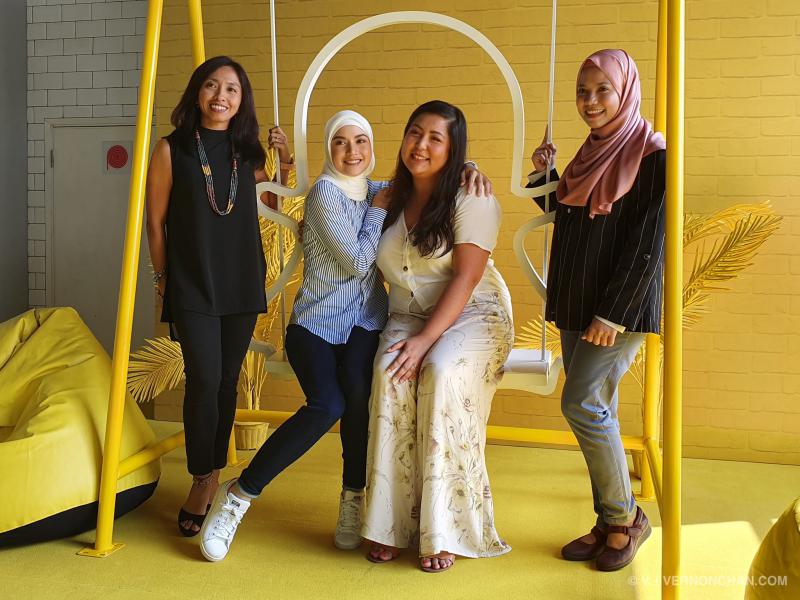
Malaysians, the friend collector
Perhaps not entirely a surprise, Malaysians were found to have around twice as many best friends (5.8) as those in Europe, Australia and the US. Malaysians also have a higher number of best and close friends (5.8 and 8.4 respectively) compared to the global average of 4.3 and 7.2 respectively. Alongside India, Malaysia are most likely to want to expand their social circle even while keeping their best friends in mind.
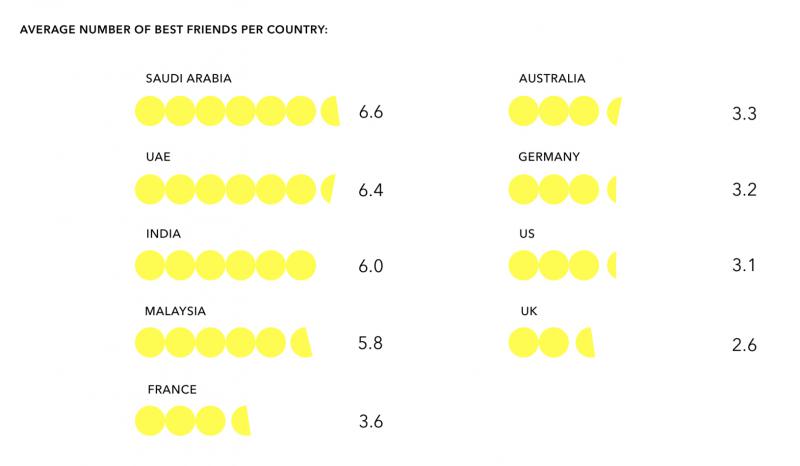
Variety is the spice of life? It looks like Malaysians love to collect friends and are more likely to seek a wide variety of friends. Over a quarter (27 percent) of Malaysians want to diversify their social circle in terms of age, gender, race and sexuality, compared to 19 percent globally, and 10 percent in Germany.
During a panel discussion at the Snapchat media event consisting of Lisa Surihani, actress, model and TV host; Ili Sulaiman, celebrity chef and food entrepreneur and moderated by Rina Omar, emcee, fitness influencer, eco-educator and conservationist; Dr Nur Hafeeza Ahmad Pazil, PhD, sociologist and researcher who specialises in friendship and intimacy said, “Malaysia is a multicultural society, and we live alongside people from many different backgrounds. We are receptive and welcoming to people from all walks of life, making it easy for us to make friends. “
She added, “This is an especially useful trait in the increasingly globalised world, where people visit and migrate to countries far from home.”
While Malaysians love collecting friends, it was revealed that a majority, regardless of their age, would prefer if there was more honesty and more openness about their feelings between themselves and their best friends.
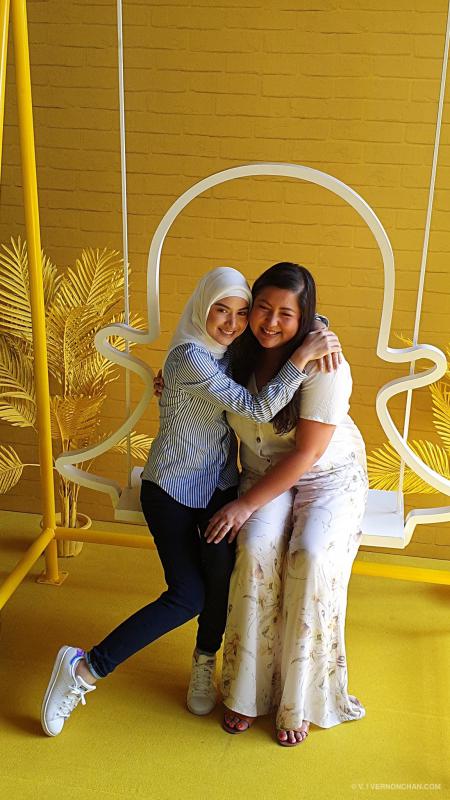
Friends = happiness
More than half of Malaysians say they’re happy after interacting with friends, whether in real life (57 percent) or online (52 percent). Numerous studies have proven the psychological and physiological benefits of having close, nurturing friendships, and the detrimental effects of their absence.
Psychologist Wolfgang Kruger explained, “People who have very few or zero friends tend to suffer from anxiety and depressions and are sick more often. Long term studies have shown that their life span is decreased by 20 percent. These people are less happy because happiness is mainly based on the steady foundation of friendship.
*Respondents were a random sampling of customers and not chose for their use of Snapchat; they were broken into four main generational groups: Gen Z, millennials/Gen Y, Gen X and Baby Boomers.


